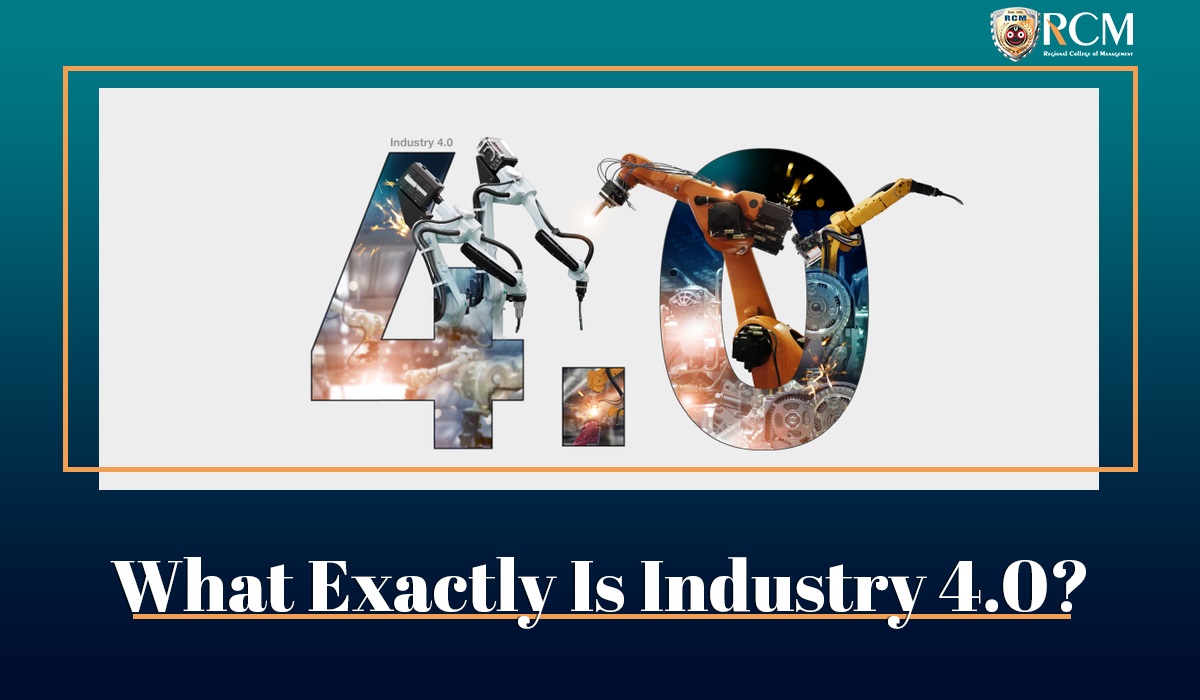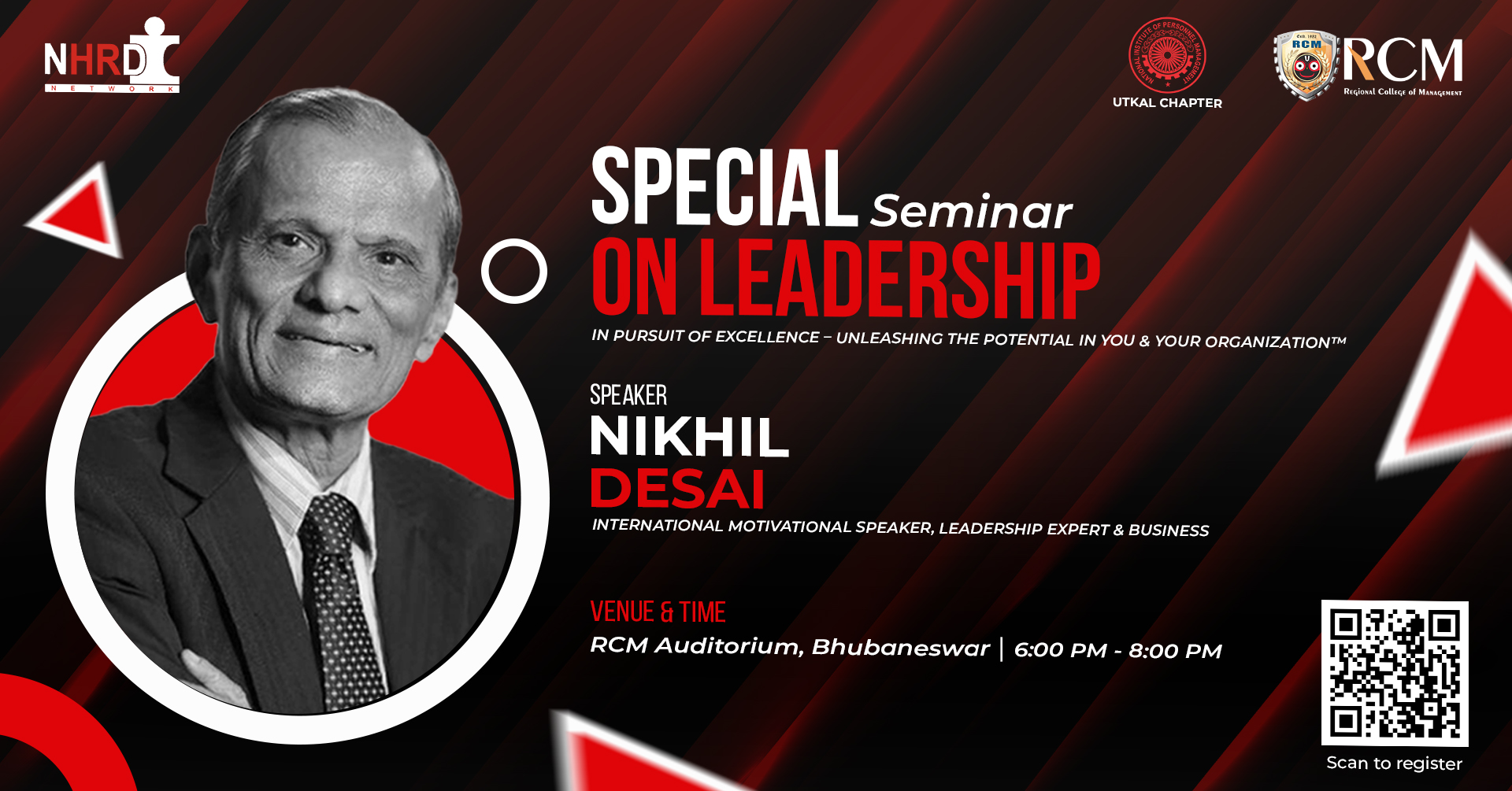An Introduction:
To get started in Industry 4.0, the main idea is to know that since revolution is something that is a part of everything that is processed and follows a cycle from concepts to livelihoods, and as we are living in a world that is technology-oriented, it is very significant to even know about industry 4.0. This blog is intended to cover the topic and the basic concept in order to gain an understanding of the topic.
The Definition Of “Industry 4.0”

Industry 4.0 signifies the fourth manufacturing revolution. Due to the digitization of manufacturing, we are currently experiencing a significant change in how we produce goods. This shift is so profound that it is being referred to as “Industry 4.0.”
Moreover, Industry 4.0 is transforming how businesses produce, enhance, and distribute their goods. The Internet of Things (IoT), cloud computing, analytics, AI, and machine learning are among the cutting-edge technologies that manufacturers are incorporating into their manufacturing processes.
Advanced sensors, embedded software, and robotics are all featured in these “smart factories,” which gather data to help with decision-making. When operational data from ERP, supply chain, customer service, and other enterprise systems is combined with data from production operations, the even greater value from previously segmented information is produced.
The use of digital technologies enables previously unattainable levels of efficiency and customer responsiveness, as well as increased automation, predictive maintenance, self-optimization of process improvements, and other benefits.
All major corporations, including discrete and process manufacturing, as well as oil and gas, mining, and other industrial segments, can use Industry 4.0 concepts and technologies.
Industry 4.0’s Historical Background
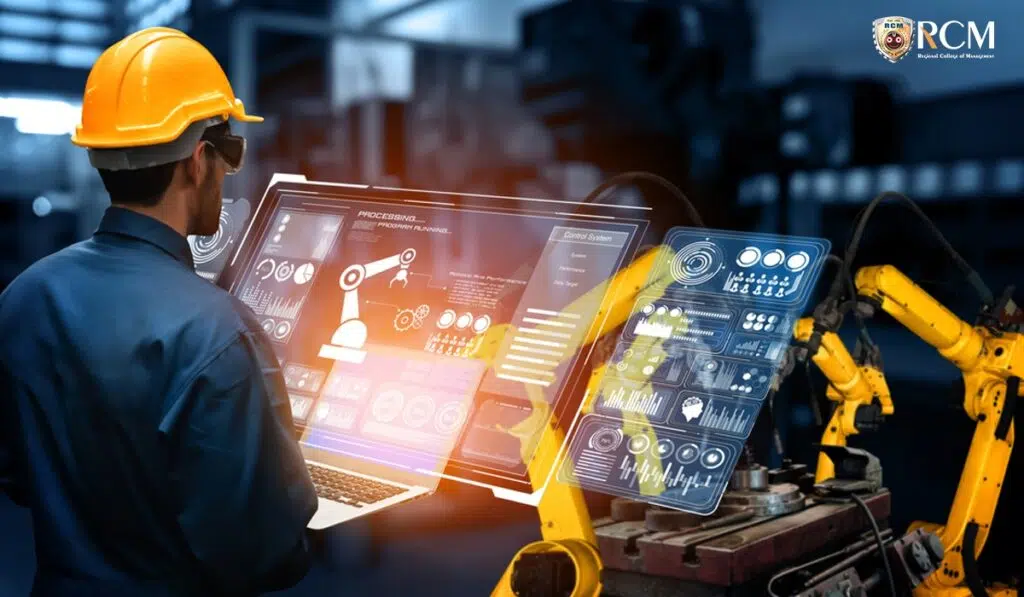
1. The Beginning Of The Industrial Revolution:
The first industrial revolution, which began in Britain in the late 18th century, made mass production possible by substituting water and steam power for wholly human and animal power. The finished products were manufactured by machines as opposed to being thoroughly made by hand.
2. Industrial Revolution II:
Production lines and the use of gas, oil, and electricity were all introduced during the Second Industrial Revolution, which occurred a century later. With the introduction of these new power sources and more sophisticated telephone and telegraph communications, manufacturing processes began to be automated and mass-produced.
3. Industrial Revolution III:
With the advent of the third industrial revolution in the middle of the 20th century, manufacturing processes gained access to computers, modern telecommunications, and data analysis. Programmable logic controllers (PLCs), which were used to automate some processes and collect and share data, were incorporated into machinery as the first step in the digitization of factories.
4. Industrious Revolution IV:
The fourth industrial revolution, also known as “Industry 4.0,” is currently ongoing. With the use of smart machines and factories, informed data enables the production of goods to be more productive and efficient throughout the value chain.
Increased flexibility enables manufacturers to use mass customization to better satisfy customer demands, ultimately aiming to maximize efficiency with, in many cases, a lot size of 1. A smart factory can achieve information transparency and better decisions by gathering more data from the production floor and combining it with other enterprise operational data.
What technological advancements are powering Industry 4.0?
Well! It’s important to have knowledge about the technology that drives industry 4.0. here are some of the technologies that are upholding industry 4.0
1. Internet of Things (IoT):
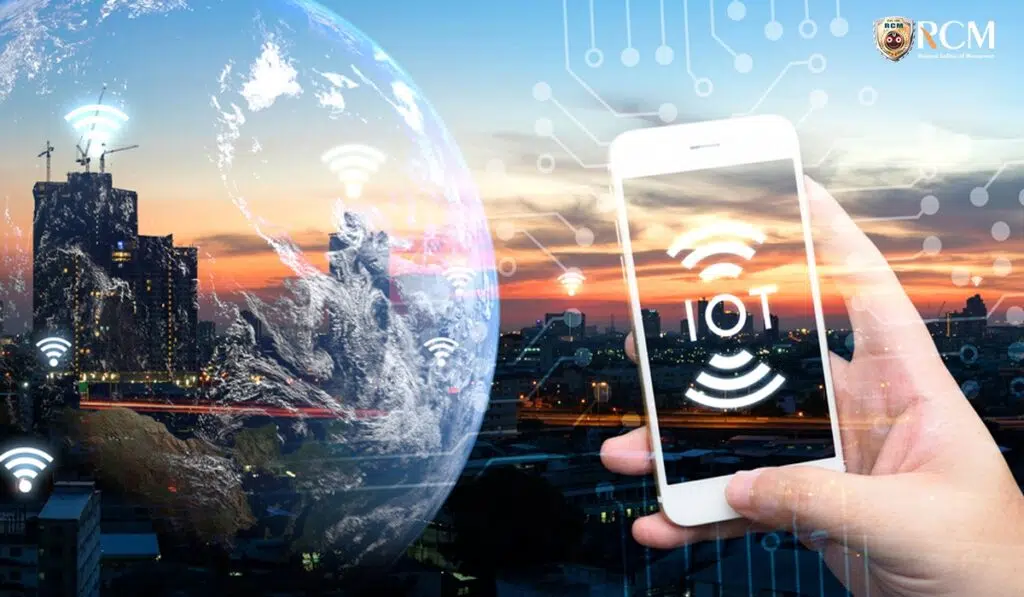
One essential element of smart factories is the Internet of Things (IoT). On the factory floor, machines have sensors with IP addresses that enable them to communicate with other web-enabled devices. Large-scale, valuable data collection, analysis, and exchange are made possible by this mechanization and connectivity.
2. Cloud computing:
A key component of any Industry 4.0 approach is cloud computing. The connectivity and integration of engineering, supply chain, production, sales and distribution, and service are necessary for the full realisation of smart manufacturing. The cloud makes that possible.
+Additionally, the cloud can be used to process the typically large amount of data being stored and analysed more quickly and affordably. For small- and medium-sized manufacturers who can appropriately size their needs and scale as their business grows, cloud computing can also lower startup costs.
3. Artificial intelligence and machine learning:
The amount of data produced not only on the production line but also across all of their business units, as well as from partners and outside sources, can be fully utilised by manufacturing companies thanks to AI and machine learning. With the help of AI and machine learning, operations and business processes can be made visible, predictable, and automated.
For example, Production-related machine breakdowns are common with industrial equipment. Businesses can perform predictive maintenance based on machine learning algorithms using the data collected from these assets, increasing uptime and efficiency.
4. Cybersecurity:
The significance of cybersecurity or cyber-physical systems has not always been considered by manufacturing companies. The same operational equipment (OT) connectivity that makes manufacturing processes more efficient also opens up new entry points for malicious attacks and malware. It is crucial to take into account the cybersecurity strategy that covers IT and OT equipment when it undergoes an Industry 4.0 digital transformation.
To sum up:
I’m hoping that the concept of industry 4.0, the technology it is related to, and the stages at which it emerged are now clear. This is the first in a series of blogs about industry 4.0, so stick with us to learn more about the idea and its inspiring ideology.
